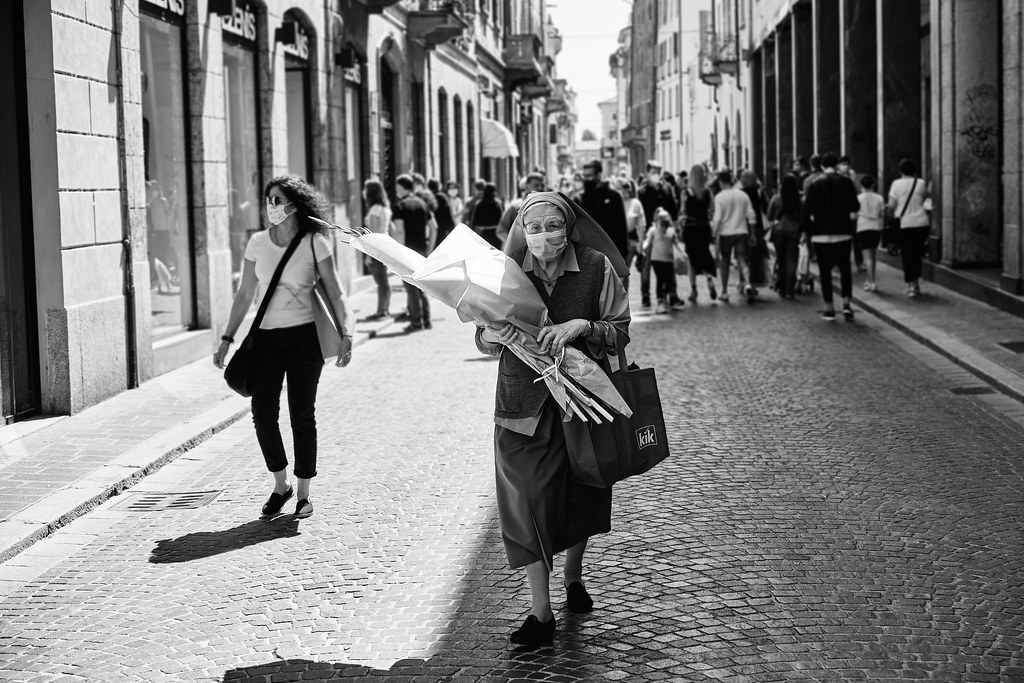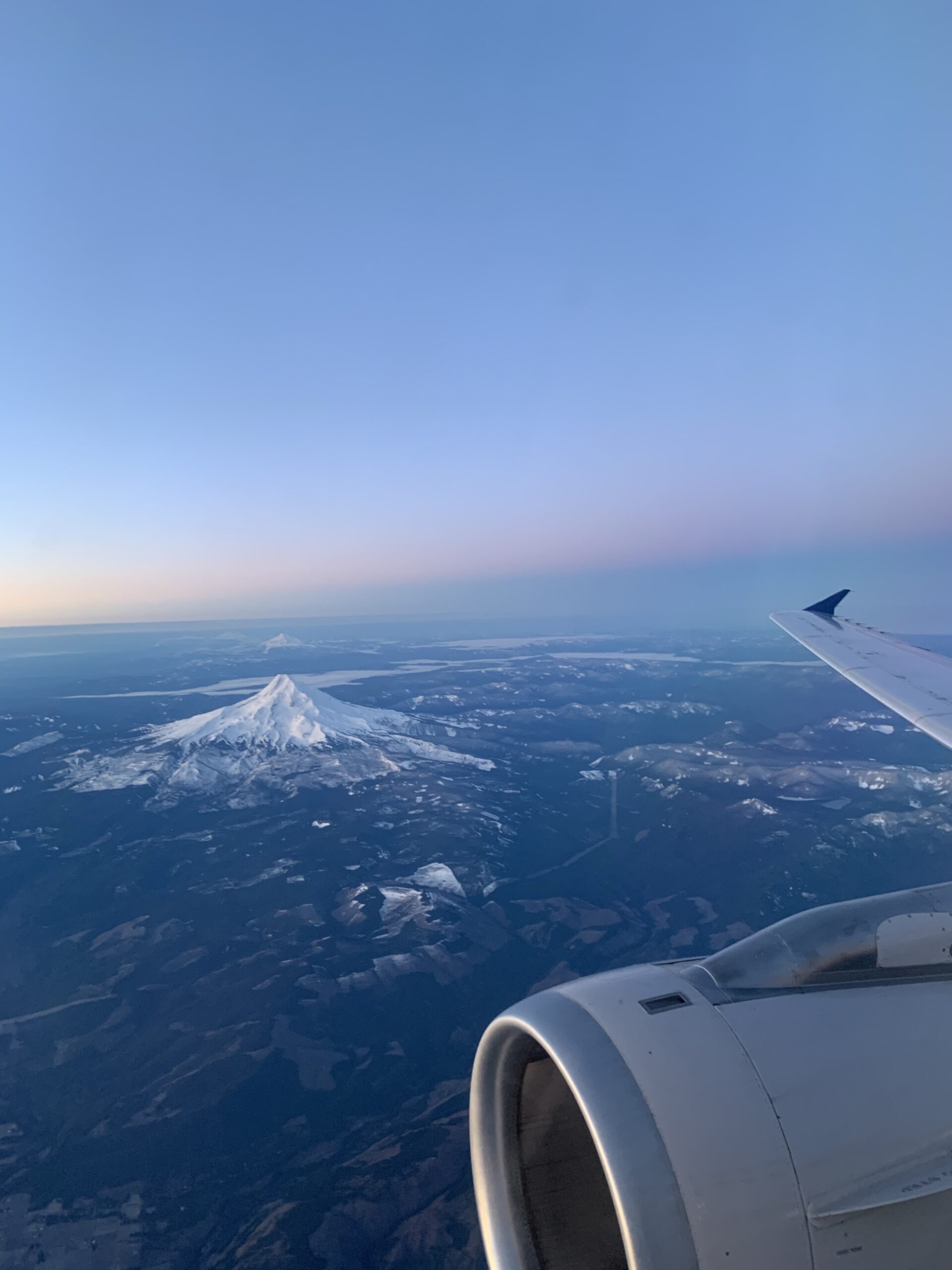When the first lock downs in the United States were announced I was returning from a work trip to Montreal. On the flight home I had not felt great but was not worried about Covid-19. The next day I felt a little better and went out for a lunch at a restaurant not knowing it would be the last time I’d have a sit down meal inside of a place for now 9 months. On Saturday I woke up with what I can only describe as the worst ear pain I have ever experienced. My left ear felt like it was going to explode. Nothing I did relieved the pain and I eventually gave in and went to a ZoomCare clinic because finding an appointment at my primary care physician was not possible. The ZoomCare nurse said “yep, you have an ear infection”, gave me some antibiotic drops and sent me home. At first it seemed like the drops were working but on the second day of using them I noticed fluid coming from my ear and then blood.
I returned to ZoomCare and they put me on stronger antibiotics but also suggested I see my primary care doctor. I gave that doctor a call as I left and while my doctor wasn’t available his nurse practitioner was so I was able to get in. When the nurse practitioner looked at my ear she became very concerned that the infection had moved into the bone in my ear canal. A couple of higher strength antibiotics were given, including an oral one to try and fight the infection internally. They also made an emergency appointment with an ENT (ear, nose, and throat) specialist in case the infection was in the bone.
The scheduling process for the ENT was not easy as Covid had pretty much shut the practice down. The schedulers wanted to make sure that the appointment was absolutely necessary and that I had no symptoms of Covid. Again, I was in excruciating pain, I couldn’t drive because it hurt to move my head certain ways.
My appointment required a Covid test but the visit itself went fine. The ENT was convinced that the infection was not in my bone. He did confirm that my eardrum had burst and applied some thick steroids and antibiotics to the eardrum and kept me on heavy duty antibiotics. He also stated that he thought it would be a quick recovery and that the pain should really start to fade in the next day or two.
Returning home from that appointment felt like relief. There was a plan, some meds, and an optimistic view from the doctor. Sure enough, the pain started to fade away the next day and I started to really feel like I was improving. A week went by and the pain was completely gone but I was still having fluid in my ear so I returned to the ENT (after another Covid test) where I was told that stronger steroids needed to be applied, so that was done. I was also told that my hearing would eventually return and to be patient.
The waiting
After two months of carefully treating my ear I still felt like I could not hear very well still had a constant ringing in my left ear from when all of this started. The ENT wanted me to come in and having a hearing test and to just double check my ear. My hearing test came back with my results essentially being no different than a test that was performed a few years ago. The doctor did notice some scar tissue on my eardrum but did not see any fluid behind it. His explanation for the ringing was that eventually it would fade.
But, here we are 7 months later and my left ear still rings. I still have trouble understanding conversation when there is a lot of background noise or if the conversation is more on my left side. Even small background noises interfere with my ability to fully hear and distinguish words in a conversation. During conversations the ringing is there but is mostly just an annoyance. During silent moments the ringing is distracting and frustrating because it is all I hear.
As a Covid vaccine makes its way around the world I am really hoping it is easier to find a new ENT to get a second opinion. The reduced hearing is my biggest concern with the ringing a close second. I’d like to be able to have a conversation with people without having to adjust my head or hear ringing in the background. That’s all I really want in 2021.



